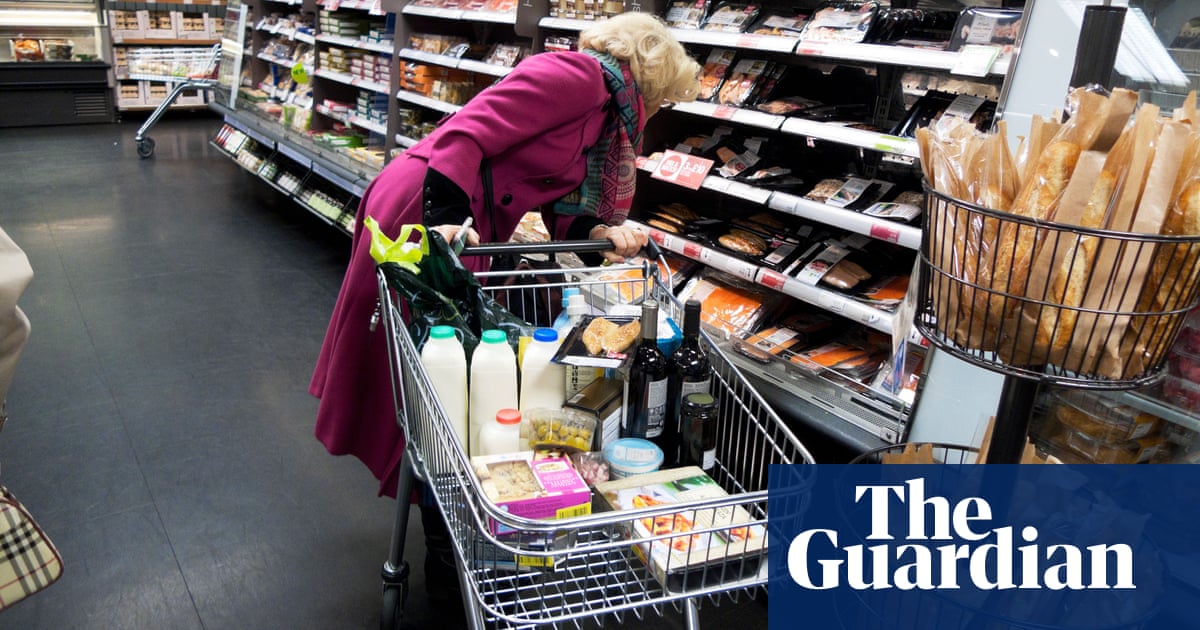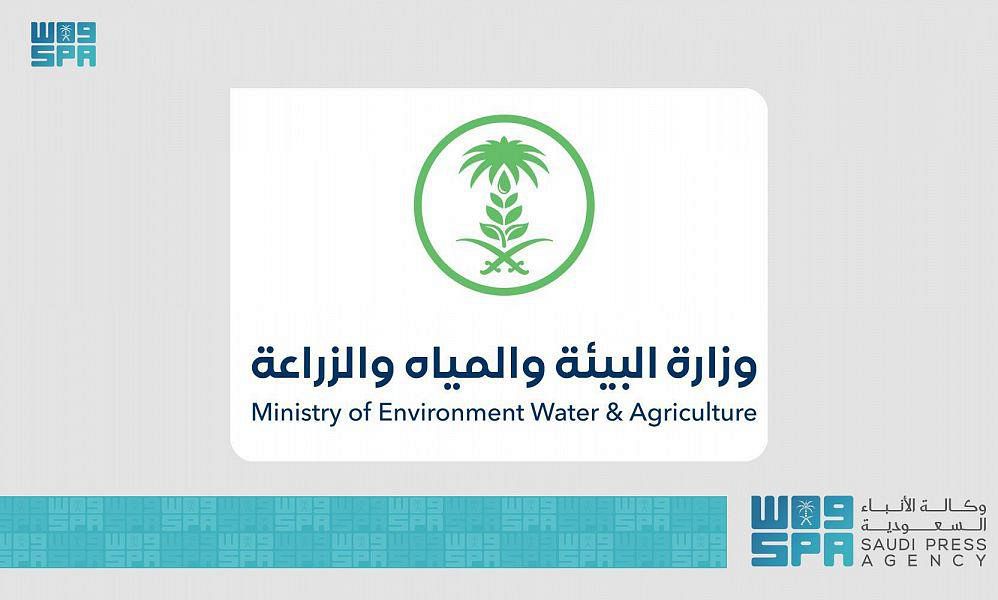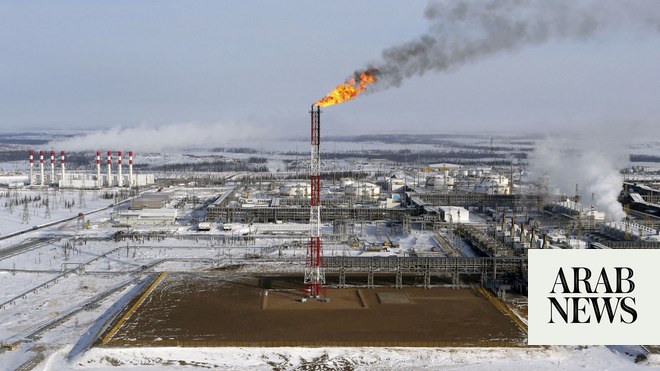
UK retailer Marks & Spencer has eliminated soya from the production of all its milk as part of its commitment to end deforestation in its supply chain.
The high street chain says it has worked with the 44 British farmers producing M&S RSPCA Assured milk to replace soya feed with alternatives such as rapeseed oil and sugar beet – avoiding the use of nearly 4,000 tonnes of soya each year. The retailer sells an estimated 160m pints of milk in its UK stores and through Ocado annually.
The move – to be officially announced on Thursday – is a milestone in progress towards the retailer’s goal of zero deforestation in the production of all its products, including food and drink, as it continues to find ways of providing more sustainable animal feed across its wider supply chain.
Last year, M&S was among several UK supermarkets, including Tesco, that admitted, after a Guardian investigation, that they could not guarantee that soya from deforested areas was not present in their supply chains – despite making firm commitments to phase out its use.
Soya is one of the global commodities most closely associated with deforestation, along with palm oil, beef, timber and paper, and it is the second largest driver of deforestation, according to the charity WWF.
The bean is widely used in food production, mainly as animal feed. Brazil is one of the world’s leading producers and growing demand for soya has led to deforestation in regions such as the Amazon and the Cerrado tropical savannah.
M&S’s move is part of the company’s innovation programme, which includes a strong focus on diversification of feed away from soya, exploring alternative proteins and different feed formulations. The company plans to expand its work in this area over the coming months.
Paul Willgoss, M&S director of food technology, said: “Soya is widely used in animal feed across the industry because it’s fast-growing and protein-rich, but we’re all aware of the devastating impact its use is having on Brazilian forests.
“Our absolute priority is to eliminate deforestation from the production of our products and to get there, we’re looking at both reducing our reliance on soya and finding more responsible ways of sourcing it. We’re proud of the team’s hard work to move 100% of the animal feed in our milk supply chain to high-performing soya alternatives.”
Environmental campaigners claim that substituting other crops for soya in the feed mix may simply be shifting the problem elsewhere and that land use rather than soya itself is the main issue. Direct emissions of gases from cows – such as methane – add to the climate impact of dairy milk production.
Anna Jones, head of forests at Greepeace UK, said: “M&S committed to remove commodity-driven deforestation from its supply chains by 2020 and removing soya from its dairy supply chain is a big step, since the crop is a leading driver of deforestation. However, what’s vital to understand is that the underlying problem of deforestation is the amount of land being used to grow crops like soya to use as animal feed for meat and dairy.
“Switching soya for other crops in the animal feed mix and selling meat and dairy at the same or even greater volumes will just shift that land use problem elsewhere. Our health, the stability of the climate and the future of the world’s forests depends on us eating less meat and dairy, meaning what supermarkets must urgently do is to begin replacing them with plant-based options.”
Sign up for the Animals farmed monthly update to get a roundup of the best farming and food stories across the world and keep up with our investigations. You can send us your stories and thoughts at animalsfarmed@theguardian.com












